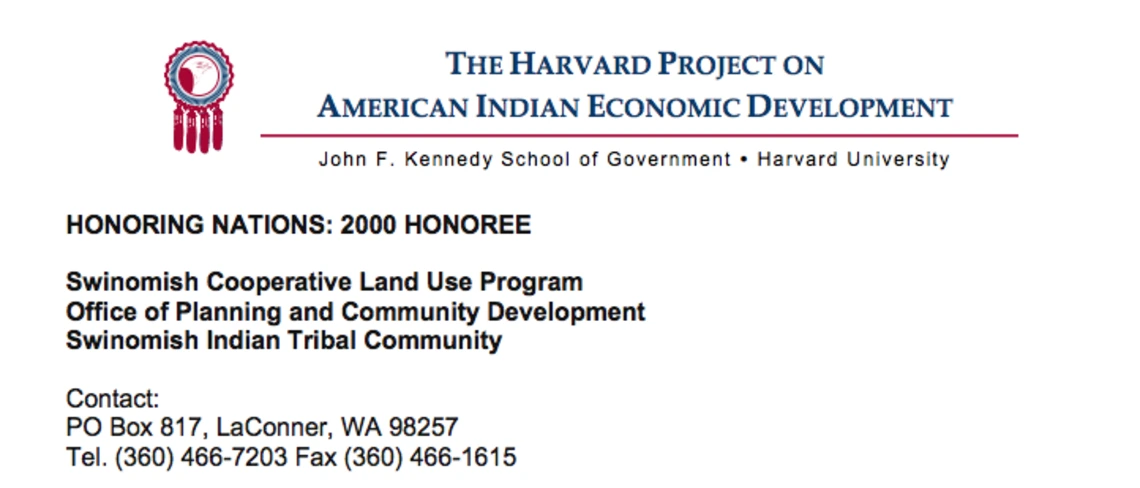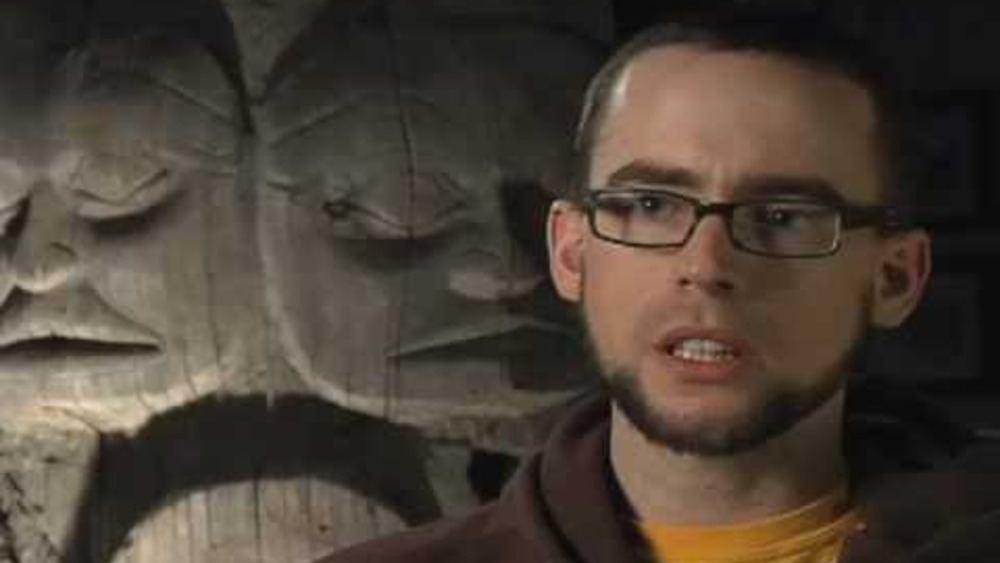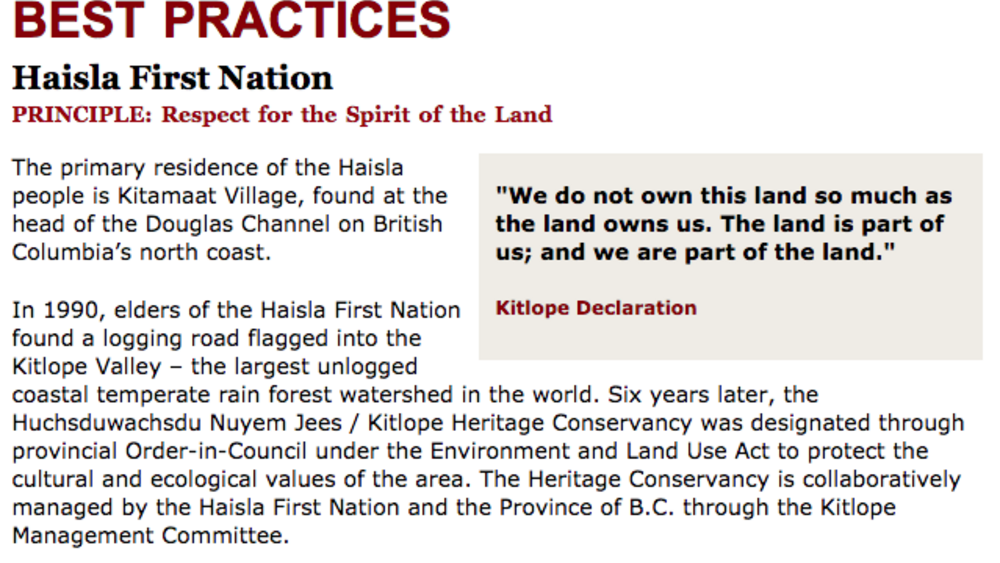Based on a memorandum of agreement between the Tribe and Skagit County, the Swinomish Cooperative Land Use Program provides a framework for conducting permitting activities within the boundaries of the "checkerboarded" reservation and offers a forum for resolving potential conflicts. The process, which began in the mid-1980s, was the first of its kind in the United States and illustrates a promising alternative in land use conflict resolution by promoting between-government jurisdictional coordination. Since 1996, the tribal and county governments have jointly adopted a Comprehensive Land Use Plan and procedures to administer the plan, which together foster a mutually beneficial government-to-government relationship. Significantly, the model also has served to improve relationships between the Tribe and other contiguous local governments. To date, the Swinomish Indian Tribal Community has instituted more than a dozen separate agreements with federal, state, county, and municipal authorities in the areas of land use, public safety, public health, environmental protection, and utility regulation.
Additional Information
"Swinomish Cooperative Land Use Program." Honoring Nations: 2000 Honoree. Harvard Project on American Indian Economic Development, John F. Kennedy School of Government, Harvard University. Cambridge, Massachusetts. 2001. Report.




